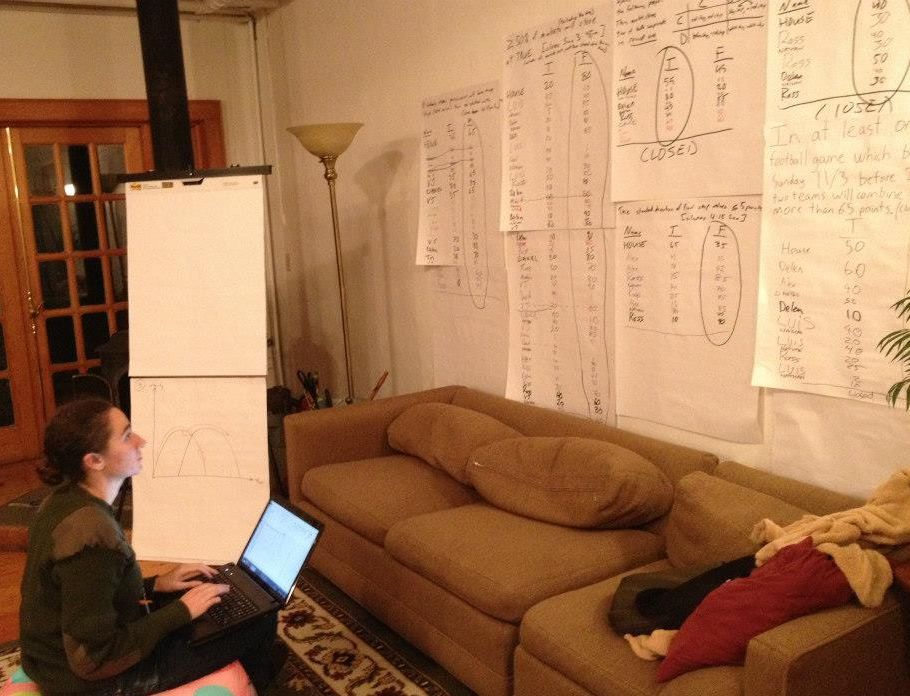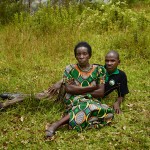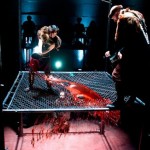The Pope Francis bookclub will resume next week. Since we finished the “Encountering Jesus” section of the book last week, I’d prefer to wait to start the next section “Manifestations of Light” until after Easter, since it feels odd to read and blog in that section during the same week I’m going to the Dominican House of Studies for Tenebrae services.
In lieu of the book post, I’ll share two anecdotes from the weekend. I was up in New York to volunteer as a guest instructor for my old employer, the Center for Applied Rationality. I got to teach folks how to use Bayes Theorem in everyday life again, which was a lot of fun. But both my anectdotes are related to another one of my duties.
Part of my job at a workshop is running prediction markets, so the participants can convert good calibration into fabulous prizes. One of the participants wanted to run a market on the chances that a randomly chosen verse of the Bible refers to God. This, of course, prompted a lot of legalistic dickering over the full scope of “refers to God.”
As the predictionsmistress, I ruled that any member of the Trinity counted. But then, someone brought up that sometimes references to angels are interpreted as references to God, as when an angel tells Abram and Sarai that they will conceive.
Finally, we all agreed that I would make a preliminary ruling on the chosen verse, if it were ambiguous, but the participants had the option to appeal to a higher authority: a Dominican friar.
Later in the weekend, one of the markets I put up concerned the following proposition: “A randomly chosen participant had a broken bone prior to the start of the workshop” (that last clause is there in fear of perverse incentives). The following dialogue ensued:
Participant: Hey, Leah, does it count if I broke someone else’s bone?
Me: No.
Participant: Well, don’t I kind of “have” it? You know, to my name?
Me: You may have mixed your labor with it, but we’re not using John Locke’s theory of property to settle this market.













